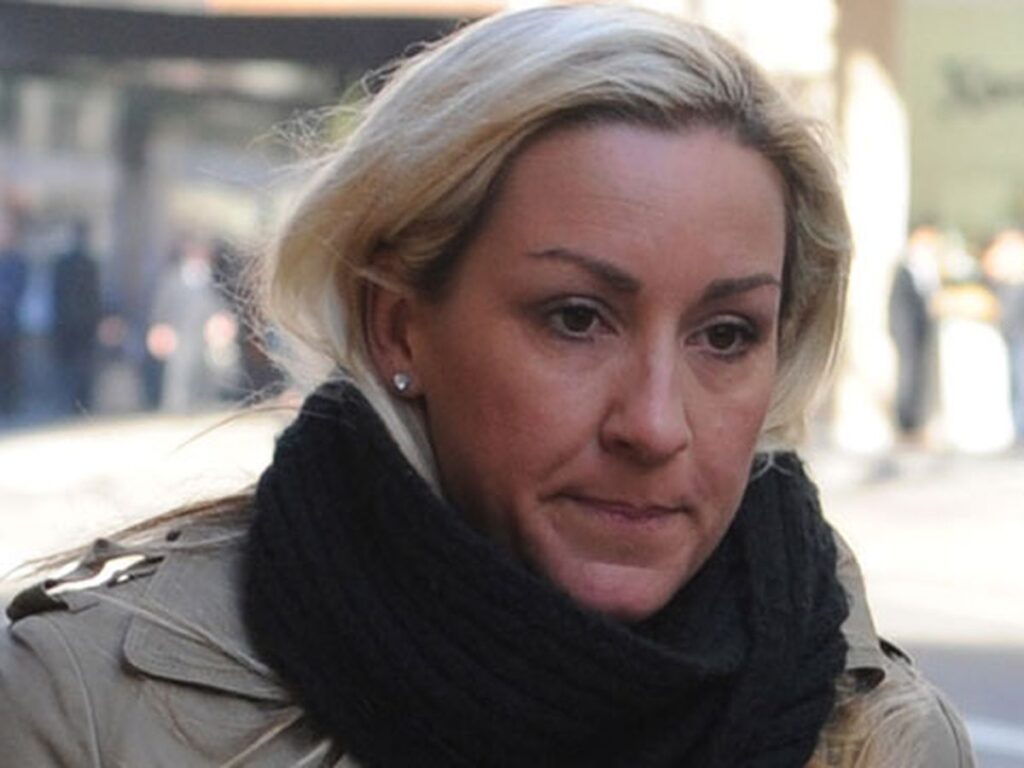Introduction
In a recent ruling, Keli Lane, convicted of infanticide, faced a setback as her plea for parole was rejected under the stringent “no body, no parole” laws of New South Wales. This decision has triggered renewed discourse on the application and consequences of such legislation, especially in cases where the victims’ bodies remain undiscovered.

Background
The saga of Keli Lane unfolds against the backdrop of her conviction in 2010 for the murder of her newborn daughter, Tegan. Following the verdict, Lane was sentenced to a minimum term of 13 years and five months in prison. Despite vehemently asserting her innocence throughout the legal proceedings, Lane’s quest for parole met a dead end, primarily due to her failure to cooperate in disclosing Tegan’s whereabouts—a prerequisite under the state’s “no body, no parole” statutes.

Analysis
The inception of the “no body, no parole” laws in New South Wales, propelled by high-profile cases such as Chris Dawson’s, endeavors to surmount the hurdles encountered in securing justice when the bodies of victims remain elusive. However, detractors contend that these laws could potentially engender miscarriages of justice, especially in instances where convictions hinge on circumstantial evidence, mirroring Lane’s case.

Impact
Lane’s predicament serves as a poignant illustration of the intricacies entailed in the enforcement of “no body, no parole” legislation and underscores the imperative of meticulously evaluating its repercussions. As the discourse surrounding these laws rages on, pertinent questions arise concerning the delicate equilibrium between upholding justice and safeguarding fairness, particularly in cases bereft of tangible evidence.

Conclusion
The rebuff of Keli Lane’s parole bid serves as a catalyst for ongoing deliberations concerning the efficacy and ethical implications of “no body, no parole” laws. As legal luminaries and advocacy groups continue to scrutinize these statutes, it becomes incumbent upon stakeholders to navigate the labyrinthine complexities inherent in such legal frameworks while steadfastly advocating for equity and integrity within the criminal justice apparatus.

